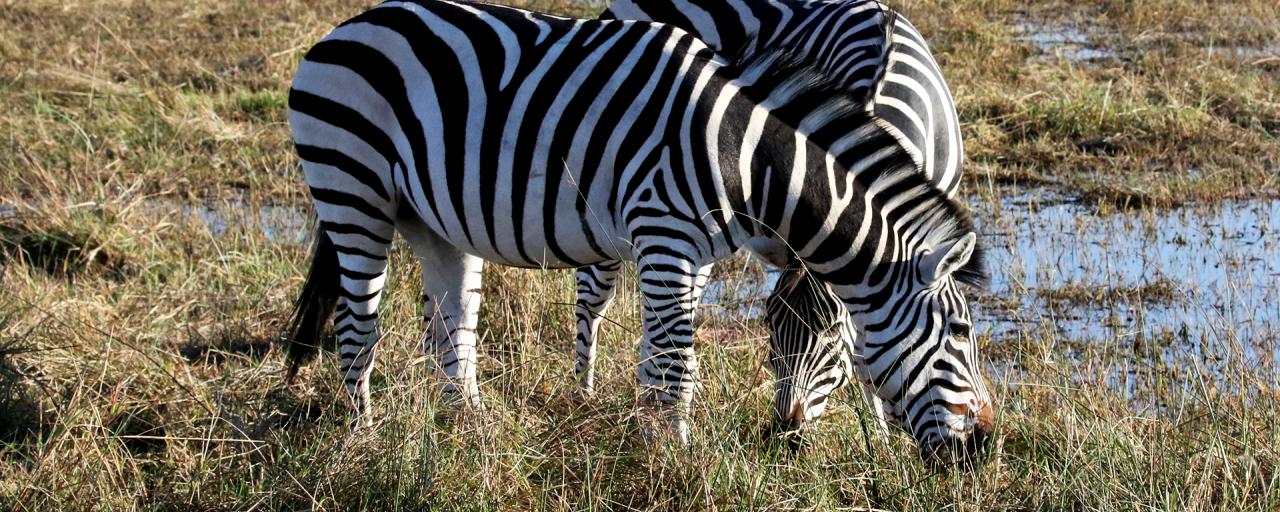Submitted by SafariADV on Fri, 2018-04-06
The Great Migration of the Serengeti is one of the most famous migrations in the world, but it is not the only one that occurs on the African continent; there is an unknown migration to most that occurs in Southern Africa.
Thanks to the work done by the WWF, in collaboration with the Ministry of Environment and Tourism of Namibia, the Botswana Department for Wildlife and the association Elephants without Borders, we can now affirm that one of the migrations of mammals with the longer path in Africa, and in the world, takes place between Namibia and Botswana.
To perform this study eight zebras were radiocollarized and, for a long period, their movements and their migratory path were monitored, through the plains of Botswana and Namibia.
In fact, every year tens of thousands of Burchell's zebras embark on a legendary journey that takes them from the flooded lands of the Chobe River, on the border between Namibia and Botswana, to the distant pastures of the Makgadikgadi Pans region, also in Botswana, covering a distance of about 500 kilometers.
Driven by the continuous search for grass rich in minerals and water sources, zebras migrate through the Kavango Zambezi Conservation Area (KAZA), the largest cross-border conservation area in the world, covering a total of 109 million hectares in five Southern Africa countries: Angola, Botswana, Namibia, Zambia and Zimbabwe.
The first part of the zebras’ migration occurs between November and December, during this period the rains are abundant and the pastures are rich in the Nxai Pan National Park and in the Makgadikgadi Pans in Botswana.
When the rainy season comes to an end the zebras move North, crossing part of the Kalahari Desert Basin and the Okavango Delta, reaching the Chobe River, on the border between Namibia and Botswana, that is a permanent source of water; in recent years, since the Boteti River, at the Western border of the Makgadikgadi Pans, has returned to flow, some zebras stop on its banks during the dry season, rather than travelling the miles that separate them from the Chobe River.
To see this show of nature live, write to us, it will be a pleasure to organize your trip.


